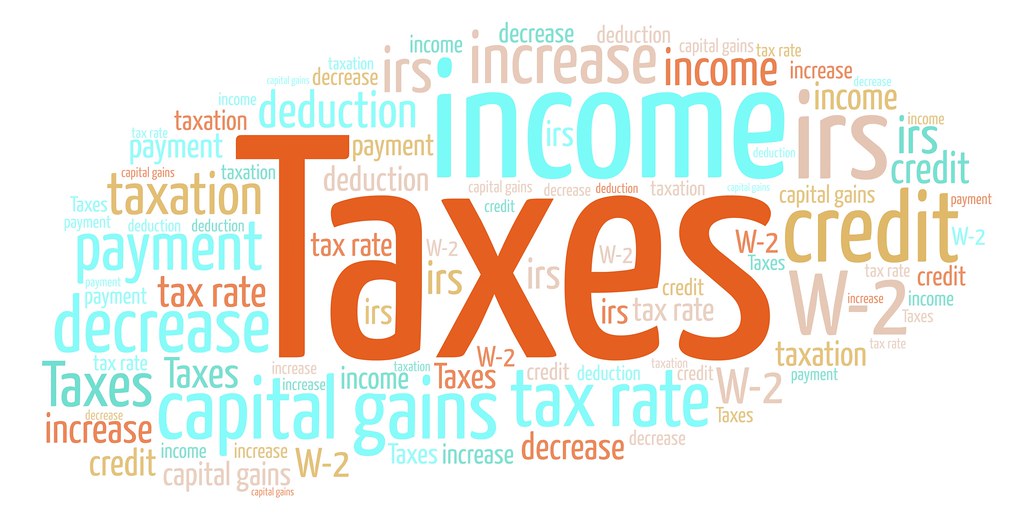
When two people decide to get married, they share all the moments of happiness and sorrow. Additionally, they also share the expenses, assets, liabilities, advance tax, and what not. One of the important ways to save money when both partners are working is by saving income tax. You cannot escape the income tax structure, but surely, there are ways to minimise your tax liability as a couple.
Let’s see how you can save more money by having to pay less income tax. Here it goes:
- Investment in Stocks: You are eligible to get a rebate of ₹ 1 lakh every year on LTCG (long-term capital gains) from selling your stock holdings or any other equity-linked scheme. The prerequisite to claim this benefit is you should have paid security transactions tax (STT). Use any income tax calculator available online to compute the estimated savings through this exemption. This stock investment can be in the name of both the partners, as every taxpayer is eligible for this exemption.
- Medical Insurance: Under Section 80D of the Income Tax Act, any individual taxpayer or Hindu Undivided Family (HUF) can claim benefits of up to a maximum of ₹ 25,000. This can be medical insurance for the person buying it or for his/her family, irrespective of the types of ITR. If your partner is also working, then you can buy the medical insurance together in a way that both can enjoy the maximum benefits of exemption.
- Leave Travel Allowance (LTA): A taxpayer can take the benefits of LTA for two travel journeys in a span of four years. However, if your spouse is a taxpayer as well, then you can claim LTA for four trips in four years. Use the income tax calculator to know the amount of LTA that you can claim for the trips you are planning to take. The best part is that there is no ceiling on the amount eligible for deduction under LTA.
- Home Loan: Home loans are usually big-ticket loans owing to skyrocketing real estate prices in India. The Income Tax Act gives exemption of up to ₹ 1.5 lakh under Section 80C to the home loan borrower. But, what about the additional amount above this ₹ 5 lakh limit that gets lost? If your partner is also an eligible taxpayer, then this deduction can be claimed by both the partners, irrespective of the types of ITR you both file. The only prerequisite to enjoy this benefit is that both the partners should be joint owners of the house and co-borrowers in the home loan. Additionally, if the house is used for self-occupation, then both the partners can claim interest of up to ₹ 2 lakh individually in every financial year while filing the types of ITR they file.
- Expenses of Children: Education is of paramount importance for a developing economy and thus Income Tax Act allows a deduction of up to ₹ 5 lakh in a single financial year. It could be for any two of the taxpayers’ children for their school or college education. But, what if you have more than two children? No need to worry in that case, if your spouse is also working and files advance tax. This is because your spouse can claim the education expenses of two more children under the same section. Also, if you have two children, and both the partners are working, then the claim under this section can be bifurcated among both the partners, thereby maximising the benefit.
These are some of the ways through which income tax savings become easier when both the partners are working and are eligible taxpayers. There are per se no separate tax exemptions for a working person, but the couple, together, is eligible to get the best of these exemptions. To do the math, you can both sit at the start of every financial year with an income tax calculator to compute the amount of tax you as a couple can save. This will simplify your financial planning, and thus you can decide your monthly budget going forward. Happy planning!!
